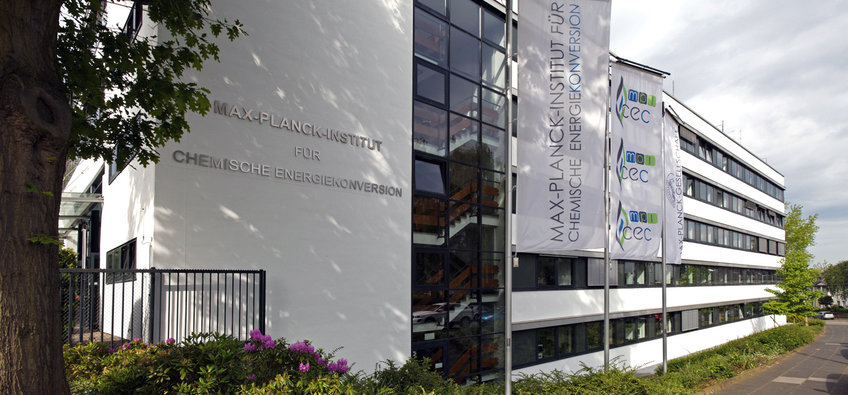
Max Planck Institute for Chemical Energy Conversion
Sun and wind provide more than enough clean energy to cover the requirements of mankind – unfortunately, however, not always where and when it is needed, and often not in a usable form. Scientists at the Max Planck Institute for Chemical Energy Conversion are working on finding ways of storing such energy in chemical compounds. They investigate how energy can be efficiently converted into storable and usable forms, in particular searching for suitable catalysts for the chemical reactions necessary for this process. To this end, researchers use plants as models that directly produce sugar by harnessing the energy of light. But they also want to enhance methods such the electrolysis of water, with which excess electrical energy can be stored.
Contact
Stiftstr. 34 - 3645470 Mülheim an der Ruhr
Phone: +49 208 306-4
Fax: +49 208 306-3951
PhD opportunities
This institute has an International Max Planck Research School (IMPRS):
IMPRS on Reactive Structure Analysis for Chemical ReactionsIn addition, there is the possibility of individual doctoral research. Please contact the directors or research group leaders at the Institute.








